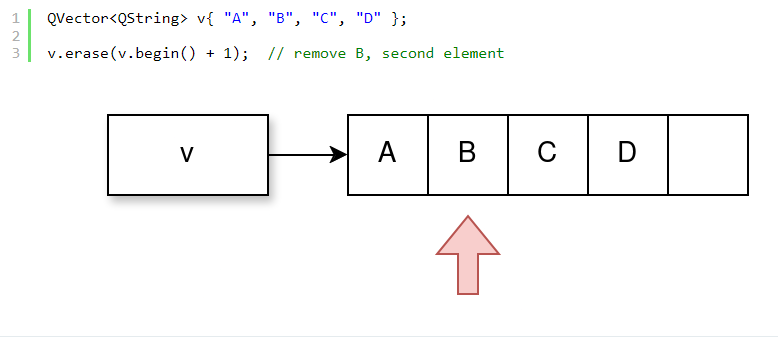Qt and Trivial Relocation (Part 4) -- Giuseppe D'Angelo
 The conclusion of the last post was that we need to change something in our models: maybe std::vector should use a different strategy when erasing elements; maybe types like std::tuple<int &> should not be allowed to be stored in a vector; maybe Qt should not be using memmove when erasing objects of trivially relocatable type (but it can still optimize the reallocation of a vector); maybe Qt’s definition of trivial relocability does not match ours, and we need to fix our definitions. In this post we will explore these possibilities and reach some conclusions.
The conclusion of the last post was that we need to change something in our models: maybe std::vector should use a different strategy when erasing elements; maybe types like std::tuple<int &> should not be allowed to be stored in a vector; maybe Qt should not be using memmove when erasing objects of trivially relocatable type (but it can still optimize the reallocation of a vector); maybe Qt’s definition of trivial relocability does not match ours, and we need to fix our definitions. In this post we will explore these possibilities and reach some conclusions.
Qt and Trivial Relocation (Part 4)
by Giuseppe D'Angelo
From the article:
As we have already discussed in the previous blog posts, it is possible to implement erasure in a number of ways, which are not equivalent. The Standard Library chose a specific implementation strategy (move-assign the elements after the ones to be destroyed to the left; destroy the moved-from last elements). Changing it now, over 26 years after the fact, sounds extremely scary; std::vector is such a central class that surely such a change would break somebody’s code.
That doesn’t mean that we can’t at least reason about a possible change there!
Also, there is another library that we keep talking about in these blog posts. This other library has a much smaller userbase than the Standard Library, and that has fewer regards with breaking backwards compatibility. We should certainly reason about that library as well. I’m talking about Qt, of course ��

 In the last post of this series we started exploring how to erase an element from the middle of a vector.
In the last post of this series we started exploring how to erase an element from the middle of a vector. In recent discussions around the use of std::move in C++, questions have arisen regarding its potential overuse and the compiler's treatment of its return values. Addressing concerns raised by developers like Jonathan Duncan, this article delves into the nuances of
In recent discussions around the use of std::move in C++, questions have arisen regarding its potential overuse and the compiler's treatment of its return values. Addressing concerns raised by developers like Jonathan Duncan, this article delves into the nuances of 